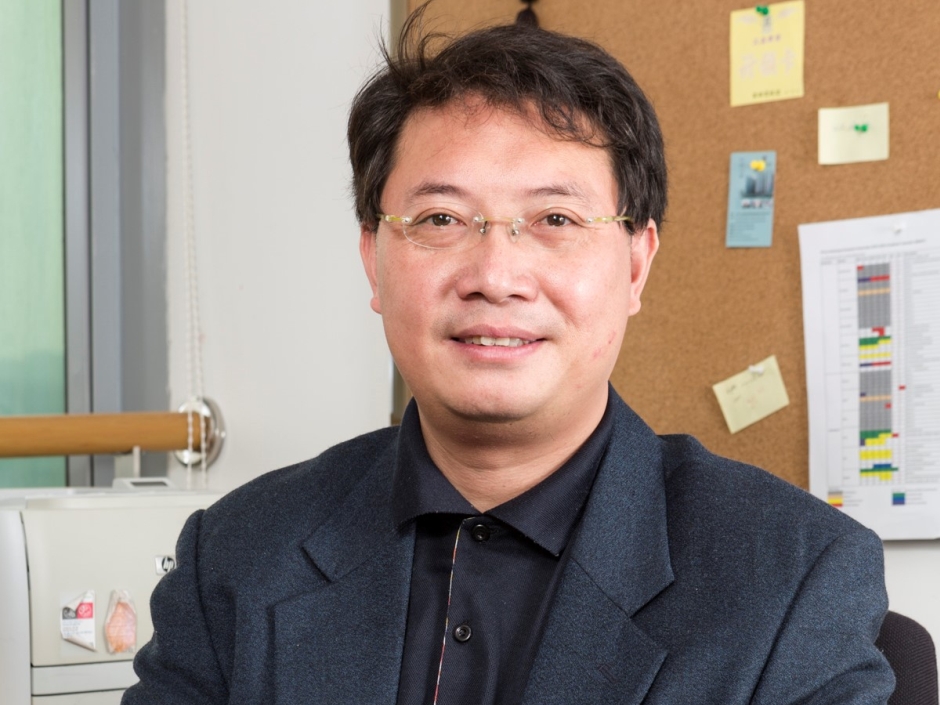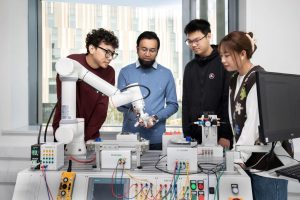April 28, 2016
Two associate professors at Xi’an Jiaotong-Liverpool University have been promoted to professor status.
Kim King-Tong Lau of the Department of Chemistry at XJTLU (pictured below) was made a full professor having been with the department for five years. As the former head of department, Professor Lau is happy that his hard work and dedication has been rewarded.
“It means a lot [to me]. It means that my effort in taking our department from its early beginnings to its current state as a fully-developed department in such a short timescale has been recognised,” he said.

In the Department of Computer Science and Software Engineering, Professor Ka Lok Man (pictured below), whose current research involves wireless communication and data analytics, was also promoted from associate professor to professor.
He is thrilled that his past contributions have been recognised and talked about his future career goals: “As a professor, I will play a more substantial role within the department and XJTLU in the three key areas of teaching, research and administration,” he said.

Professors must be distinguished academic leaders at an international level in their subject area, and are expected to make significant contributions to the University’s development. The promotion process is rigorous. Several criteria including research, teaching, and contributions to University administration are all considered, and applications are not always successful, as Professor Lau explained: “This was my second attempt. During my time as head of department I was engaged in heavy departmental administration duties and other University level commitments. At the same time I still had a full load of teaching, on top of continuing my own research. It’s not an easy thing to juggle all these tasks at the same time.”
Professor Lau was instrumental in establishing the Department of Chemistry at XJTLU. He first heard about the University in 2011, responding to a job advert in New Scientist magazine, and was attracted by the opportunity to start a new department in China at a Sino-British joint venture university.
“Things had to come together quickly. We developed the modules within the programme structure as we went along, brought in the materials and instruments to set up the teaching and research labs. Everything had to start from scratch,” he said.
“Here [at XJTLU] we introduce students to a research-led and student-focused style of teaching. We encourage understanding, critical thinking and creativity, which are different from the traditional approach of many Chinese universities. It means a cultural change for many of our students. To date, the department has seen two cohorts of graduates and we are very proud of their achievements.”
His current research involves glucose sensors for monitoring diabetes, working on using saliva as a medium to monitor glucose levels for diabetics, using nanotechnology. Saliva is a preferable medium for some diabetics, as it is readily available and doesn’t require the use of needles as blood sampling does. The saliva sample is smeared onto a sensor and a glucose reading is obtained through a process that Professor Lau is innovating.
“We use a material called quantum dots, which fluoresces. Based on the change in the intensity of fluorescence we can measure the glucose content in a medium,” he explained.
April 28, 2016







